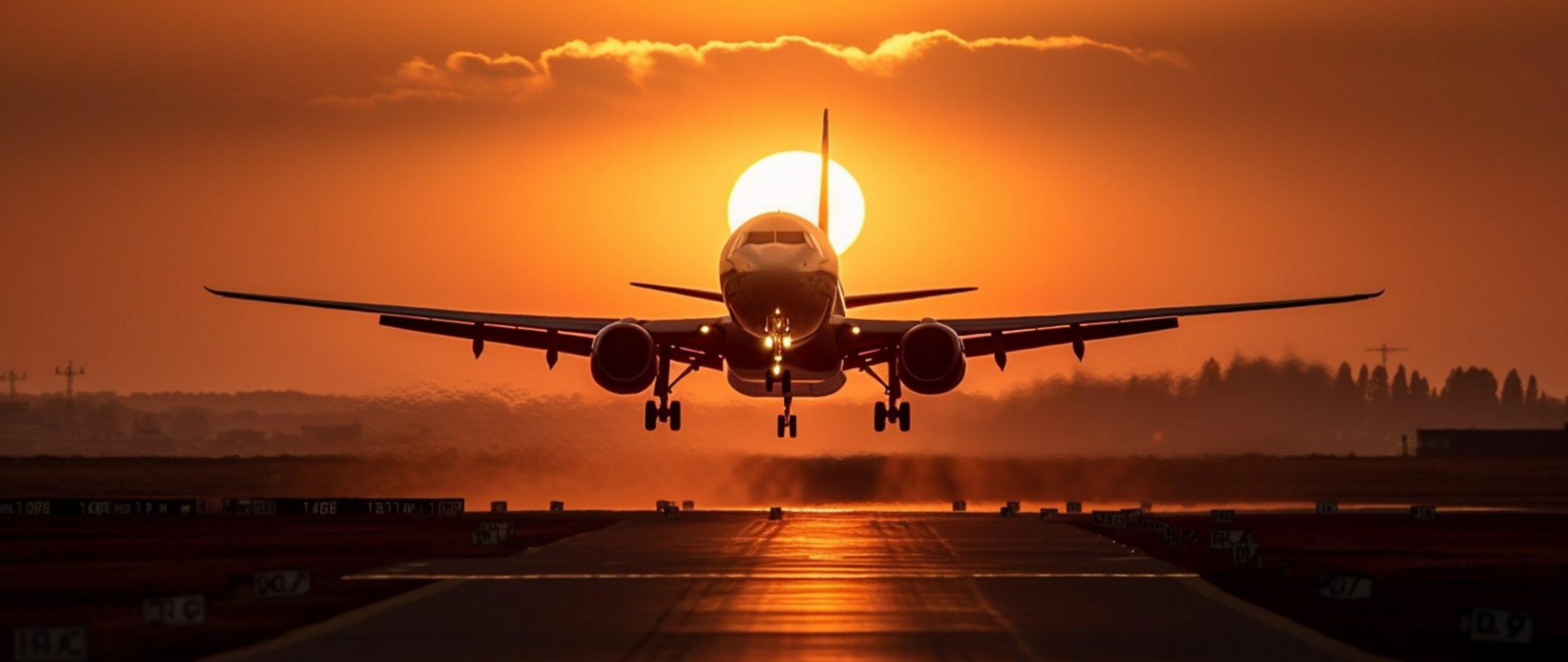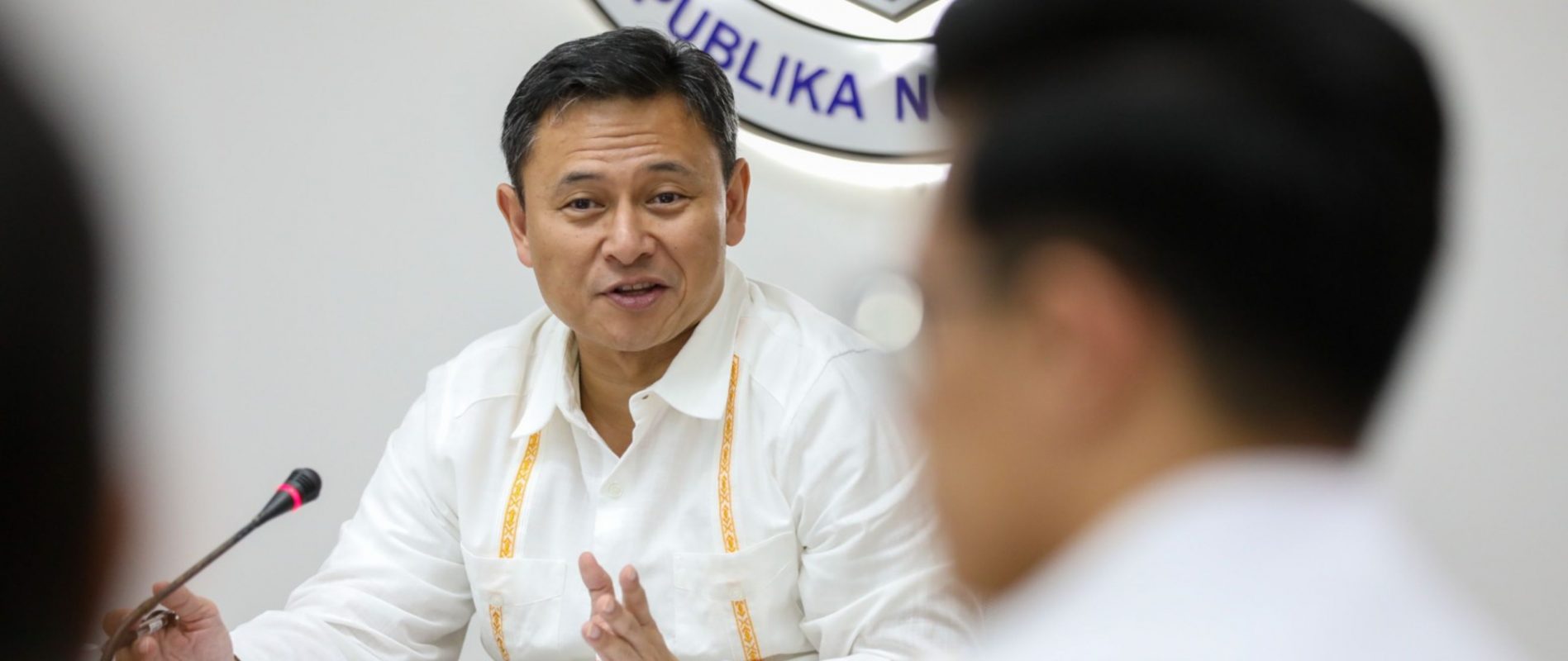PH TO SEIZE OPPORTUNITIES IN AVIATION INDUSTRY WITH NATIONAL AVIATION ACADEMY
SENATE Minority Leader Alan Peter Cayetano expressed optimism that with the enactment of the law creating the National Aviation Academy of the Philippines (NAAP), the country can seize opportunities in the fast-growing aviation industry, both commercially and within the Air Force.
“We have an aviation academy that is a state college but has been doing so well for our country. It’s time we elevate it to a national aviation academy,” Cayetano said.
The law designates the Philippine State College of Aeronautics (PhilSCA), the country’s lone state-run aviation school, as the national institution for aviation education.
Under its new charter, NAAP will focus all programs and enrollment on aviation and related fields. Its governing board will expand to include the Commanding General of the Philippine Air Force and the Director General of the Civil Aviation Authority of the Philippines.
The academy is authorized to partner with government agencies, LGUs, and private entities to secure resources, modernize facilities, and align training programs with global standards. A Skills Training Council will also be established to ensure programs meet international benchmarks.
Cayetano emphasized the importance of building a strong commercial aviation sector backed by a competent workforce, while also supporting the military’s modernization efforts with highly trained personnel.
“Kapag naayos natin ang naval at aviation academies, I think the impact in the next 25 to 50 years will be tremendous,” he said.
The senator highlighted international demand for aviation workers, citing projections of 674,000 new pilots, 700,000 new maintenance technicians, and around 980,000 cabin crew needed in the coming decades.
During a visit to PhilSCA’s Fernando Air Base campus in June, Cayetano noted that the school has “done so much with so little” and said its conversion into NAAP will give it the tools to achieve more.
PhilSCA has consistently posted strong results in the Aeronautical Engineering Board Examination, with an 87.97 percent passing rate in 2024 and several topnotchers in recent years.














